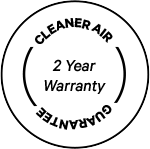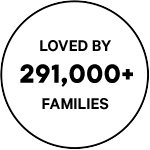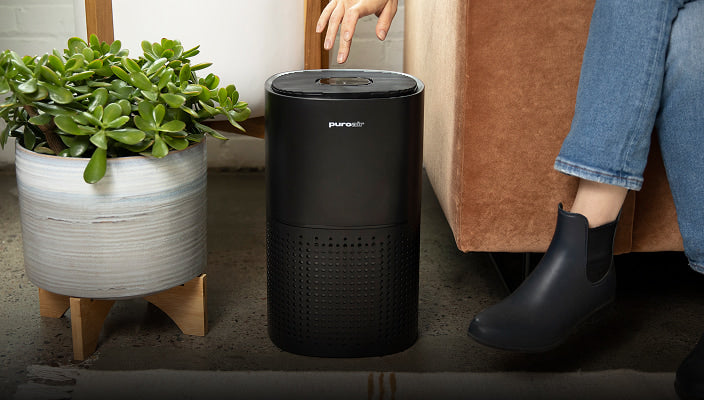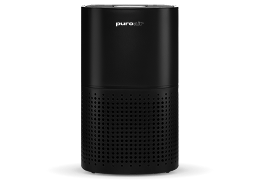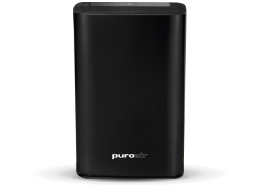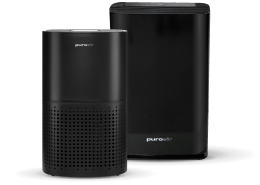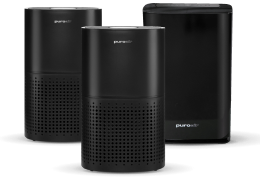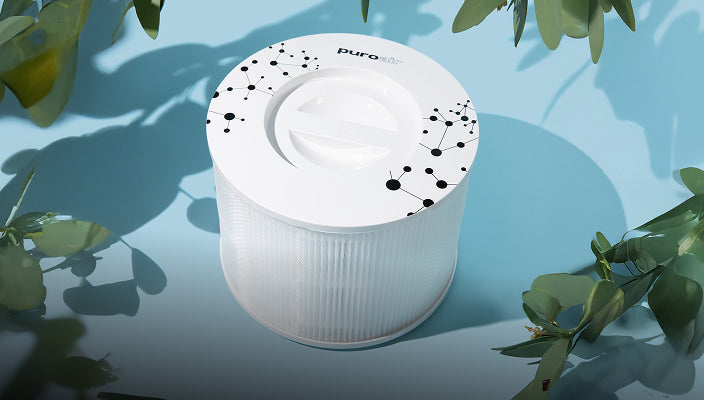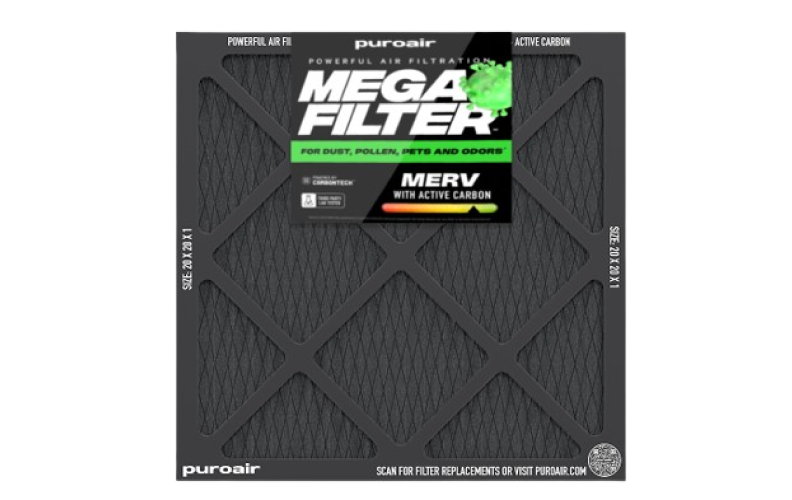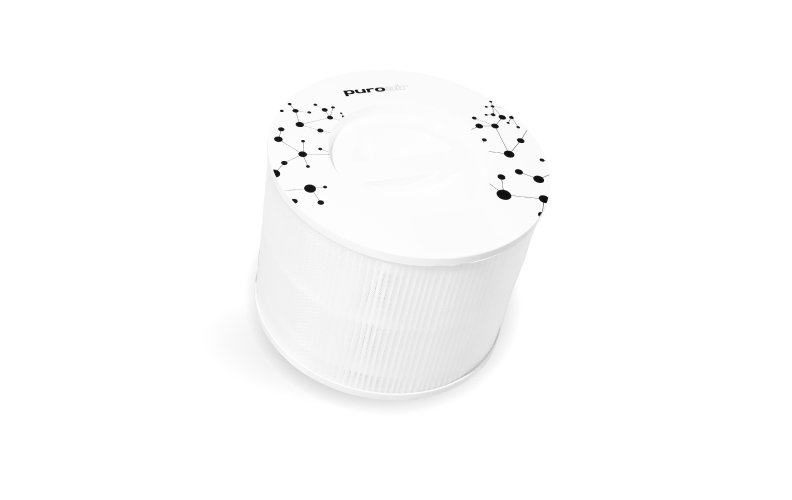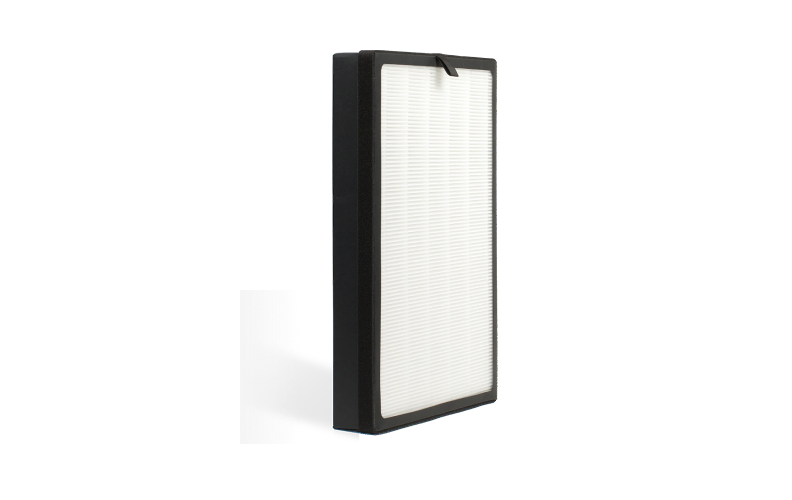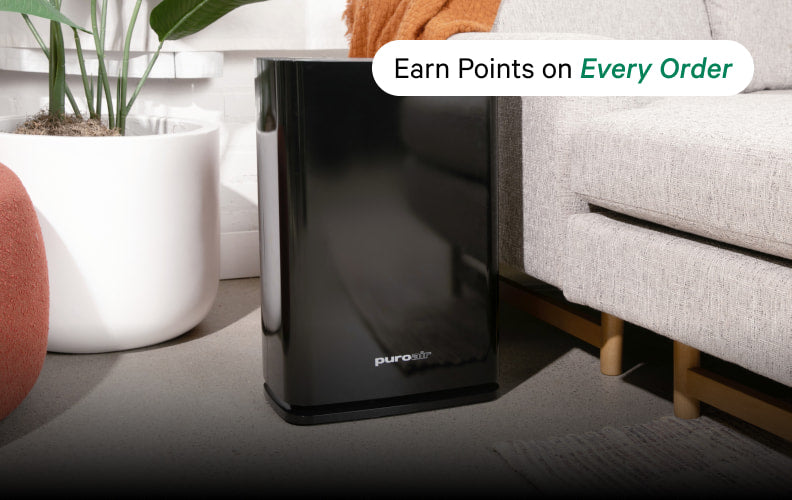February isn’t just a month for chocolates and roses; it’s also a time to focus on your cardiovascular health. Heart Health Month serves as a reminder to take proactive steps to protect your heart, and this year, we’re shining a light on a lesser-known factor that can heavily influence your heart health—air quality. Many people focus on diet and exercise to maintain their cardiovascular health, but clean air can play an equally vital role.
This blog will explore how poor air quality impacts heart health, actionable ways to protect your heart through better air quality practices, and how tools like air purifiers can significantly improve your well-being. Read on—you just might gain a whole new perspective on keeping your heart in optimal shape.
How Does Polluted Air Affect Cardiovascular Health?
When most people think of air pollution, its impact on the lungs and breathing comes to mind. But did you know that bad air quality also affects your heart? Research shows that exposure to polluted air can increase the risk of heart-related issues, including heart attacks, strokes, and even chronic cardiovascular diseases. Here's why:
Increased Exposure to Particulate Matter
Air pollution is full of tiny particles, called particulate matter (PM2.5), that are small enough to penetrate your respiratory and cardiovascular systems. These particles can enter your bloodstream, causing inflammation and oxidative stress, which contributes to the hardening of arteries (atherosclerosis). Over time, this kind of stress can lead to high blood pressure, heart attacks, and strokes.
Higher Risk of Arrhythmias
Polluted air doesn’t just stress your blood vessels; it can actually disrupt the electrical signals in your heart. Irregular heartbeats (arrhythmias) have been linked to long-term exposure to air pollution, especially for older adults or those with preexisting conditions.
Triggering Heart Attacks
Studies have shown that short-term exposure to high levels of pollution can trigger heart attacks. Peaks of pollution, like a smoggy day in the city, cause blood vessels to constrict and increase the likelihood of clot formation, making heart attacks more likely.
Long-Term Heart Disease
For individuals with consistent exposure to polluted environments—like those living in urban areas with high emissions or working in industrial zones—the risk of developing chronic cardiovascular conditions, such as coronary artery disease, rises significantly.
With these facts in mind, improving the air quality in your immediate environment becomes more than just a respiratory concern; it’s a commitment to total cardiovascular health.
How to Prioritize Heart Health This Month and Beyond
Heart Health Month is the perfect opportunity to create habits that protect your cardiovascular system all year. Here are some essential steps you can take to ensure you're caring for your heart—and how clean air fits into that picture.
1. Add a PuroAir Air Purifier to Your Home
Given the significant impact of air quality on cardiovascular health, one of the simplest and most effective solutions is investing in a high-quality air purifier. These devices filter out harmful particles like dust, allergens*, and even volatile organic compounds that can exacerbate heart issues. Place an air purifier in heavily trafficked areas of your home, like the living room or bedroom, to provide clean air during both active and resting hours.
Key Features to Look for in an Air Purifier:
- HEPA Filtration: Filters up to 99.9% of small particles, including those linked to cardiovascular inflammation.
- Activated Carbon Layer: Effectively filters out volatile organic compounds (VOCs) and odors, improving overall air quality and reducing harmful chemicals.
- Quiet Operation: Keeps your air clean without disturbing your peace of mind or sleep.
2. Practice Regular Exercise in Clean Spaces
Exercise is critical for heart health, but make sure you’re not working out in polluted environments. If you’re an outdoor runner or cyclist, check air quality indexes before heading out, especially in urban or industrial areas. Alternatively, bring your exercise routine indoors with clean, filtered air for maximum cardiovascular benefit.
3. Avoid Smoking (Including Secondhand Smoke)
Smoking is a well-documented risk factor for heart disease, but secondhand smoke also poses a threat. If anyone in your household smokes, ensure they do it outside, away from shared indoor spaces. Better yet, encourage them to quit. Clean air begins with purifying significant pollutants like tobacco smoke from the air.
4. Eat Heart-Healthy Foods
While not directly related to air quality, nutrition and clean air work hand-in-hand to protect cardiovascular health. Foods rich in omega-3 fatty acids, fiber, and antioxidants—like salmon, leafy greens, and berries—can help counteract the negative effects of inflammation caused by pollutants.
5. Advocate for Sustainable Practices
On a larger scale, advocating for policies that reduce air pollution and adopting more environmentally friendly practices helps everyone. Switch to eco-friendly products, support clean energy initiatives, and push for stricter regulations on factory and vehicular emissions in your community.
6. Monitor Your Heart Health Regularly
Regular check-ups are vital in detecting early warning signs of cardiovascular issues. Blood pressure, cholesterol, and heart function tests should become a part of your annual health routine.
Clean Air and a Healthy Heart Go Hand-in-Hand
Heart Health Month isn’t just about short-term resolutions—it’s about committing to sustainable changes that improve your overall well-being. While diet and exercise are critical elements of heart care, don’t overlook the importance of breathing clean air. The link between air pollution and cardiovascular health is clear, and taking proactive steps to reduce exposure to pollutants can make all the difference.
Pro Tip: Upgrading your HVAC system home air filter to a MERV 13 filter is not only a drop-in upgrade, but will help enhance your indoor air quality to new levels. Combine the powerful MERV 13 home air filter and a HEPA air purifier for the ultimate clean indoor air filtration system.
Adding a PuroAir air purifier and MERV 13 HVAC filter to your home and adopting clean air practices isn’t just about keeping your space fresh; it’s a powerful step toward protecting one of your body’s most vital organs. Remember, every breath you take counts.
*Tested to remove Fel d 1 and pollen in an ISO 17025 certified lab.

